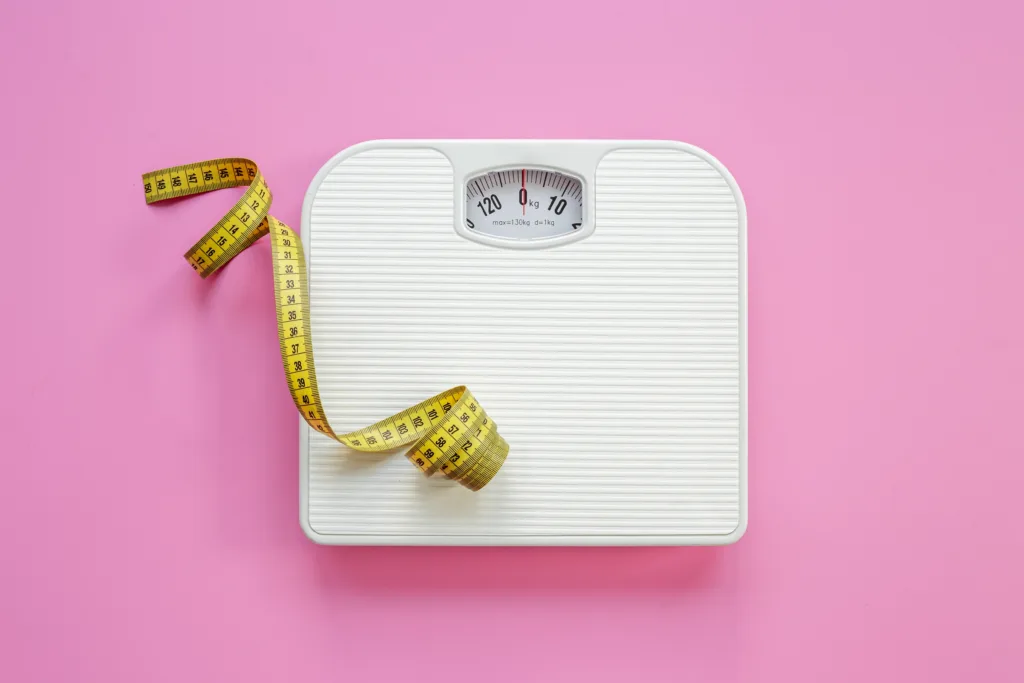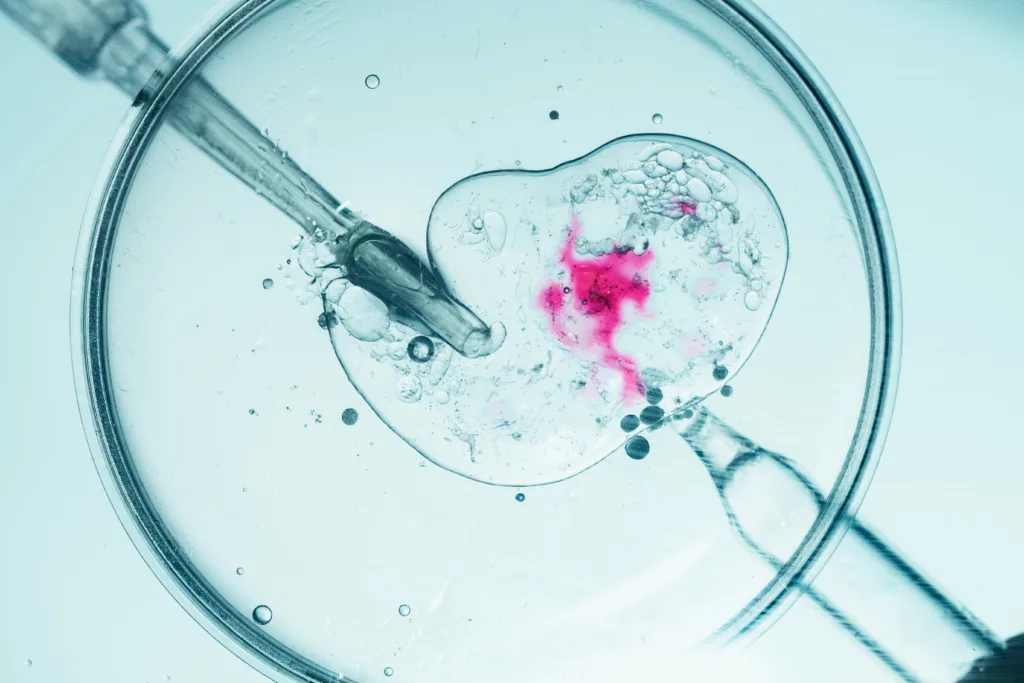
Future-Proofing Fertility: How Your Lifestyle in Your 20s, 30s, and 40s Shapes Your Reproductive Health
Because fertility is a journey — and every decade tells a different story
Across the GCC, women today are living their lives on their own terms — forging thriving careers, building businesses, travelling the world, and exploring personal passions before embarking on motherhood. For many, the decision to have children comes later than in previous generations.
But while our ambitions have evolved, our biology has not. Fertility has a natural
timeline, and every decade — your 20s, 30s, and 40s — brings unique changes that
can shape your future. Understanding what’s happening inside your body, and how your lifestyle plays into it, means you can align your choices with your biology instead of being surprised by it.
This isn’t a countdown to panic — it’s simply a guide. Here are eight things every woman in the GCC should know about how today’s lifestyle choices can influence fertility tomorrow — whether you’re in your 20s, 30s, or 40s.
Egg Supply and Quality Decline — But At Different Speeds in Different Decades
You’re born with all the eggs you’ll ever have. In your 20s, both quality and quantity
are at their highest, though the decline begins quietly. In your 30s, especially after
35, the pace of loss accelerates. By your 40s, there are fewer eggs and more are
likely to have chromosomal changes, which can make conception and healthy
pregnancy harder. Meanwhile, in the UAE, Qatar, and Saudi Arabia, many women now marry and start families later, often in their early 30s or even 40s.
Your move: In your 20s and early 30s, consider an AMH (anti-Müllerian hormone)
test and antral follicle count to understand your ovarian reserve — this can guide
decisions about timing or egg freezing. At 40, if you’re trying to conceive, don’t “wait
and see” for a year before seeking fertility advice; time is your most valuable
resource.

PCOS and Irregular Cycles Need Early and Ongoing Attention
Polycystic ovary syndrome (PCOS) affects up to 15–20% of women in the GCC region — driven by genetics, diet, and high regional obesity rates. In your 20s and 30s, it can delay or prevent ovulation. In your 40s, it can mask perimenopause symptoms and interfere with fertility.
Your move: If you’ve ever had irregular cycles, excess hair growth, acne, or unexplained weight changes, see a gynecologist early. PCOS can be managed at any age with lifestyle changes, targeted medication, and monitoring — preserving ovulatory function and protecting fertility. In your 40s, managing insulin resistance, weight, and ovulation patterns becomes even more important for fertility and pregnancy health.
Weight and Hormones Are Closely Linked at Every Age
In your 20s and 30s, rapid weight loss or extreme dieting can disrupt ovulation; in your 40s, even modest excess weight can reduce IVF (in-vitro fertilisation) success and increase pregnancy risks. Underweight women may also experience hormone suppression at any age.
Your move: Aim for long-term stability with strength training and balanced nutrition rather than drastic fluctuations. You should pair hydration with balanced, nutrient-rich meals to support healthy hormones and metabolic function. Even modest, sustained changes can improve egg quality and hormonal balance, giving fertility treatments a better chance of success.

Heat, Hydration, and Your Reproductive Health
Dehydration — common in the GCC due to extreme heat and indoor air conditioning — can impact gynaecological health and overall cell function. In your 20s and 30s, this can subtly affect conception chances. In your 40s, hydration also supports energy, egg environment, and hormone regulation which are important for IVF or conception.
Your move: Make hydration a non-negotiable. Add electrolytes — magnesium, potassium, sodium — from coconut water, dates, or mineral sachets — to help maintain optimal fluid balance and support overall cell health, including eggs, especially during peak summer heat. Additionally try to avoid chronic caffeine overuse, which can worsen dehydration.
Stress is a Fertility Thief — and It Evolves With Age
In your 20s and 30s, stress often comes from career-building and social pressures; in your 40s, it can be compounded by the emotional urgency of the fertility timeline. Chronic stress raises cortisol, disrupting ovulation, implantation, and hormonal balance.
Your move: Treat stress management as part of your fertility strategy. Consider structured stress-management interventions, such as yoga, mindfulness, therapy, fertility coaching, or simply scheduling rest. It’s not about “relaxing” — it’s about creating optimal conditions for conception.

Vitamin D Deficiency is Rife — And Age Doesn’t Protect You
Across the GCC, vitamin D deficiency is widespread due to indoor lifestyles, despite abundant sunshine. Low vitamin D affects ovarian function, menstrual regularity, and IVF success rates at any age — and in your 40s, it may also affect implantation and early pregnancy stability.
Your move: Don’t guess — test your levels. If low, high-dose supplementation (monitored by your doctor) can correct it within months and may improve IVF outcomes. Sunlight exposure for 15–20 minutes on the hands and face, three times weekly, supports maintenance, but supplementation is often essential to reach optimal levels.
Egg Quality Becomes a Key Factor in Your 40s — But Options Exist
While quantity matters in your 20s and 30s, by your 40s, quality is the primary challenge. Older eggs have a higher risk of chromosomal abnormalities, which increases miscarriage risk. IVF with your own eggs can still be successful, but will require a personalised approach.
Your move: If you froze eggs in your earlier years, now is the time to use them. If not, speak to a fertility specialist about all available options early — they will be able to advise on tailored IVF protocols.

Fertility is a Reflection of Whole-Body Health
Conditions like endometriosis, fibroids, adenomyosis, and thyroid disorders can appear in your 20s and worsen with age if untreated, affecting fertility and pregnancy safety.
Your move: Schedule annual gynaecological check-ups, even if you’re not actively trying to conceive. Get a thorough reproductive health check — ultrasound, hormone profile, and screening for common uterine and ovarian issues — before trying to conceive or starting IVF. These visits can detect silent issues early — giving you more treatment options and better outcomes, whether you’re in your 20s or 40s.
The Takeaway
Your fertility story doesn’t start when you decide to have children — it’s written over
decades. The habits you form in your 20s, the health checks you prioritise in your
30s, and the strategic decisions you make in your 40s all shape your path. If you’re 40 and reading this, it’s not “too late.” It’s simply time to be strategic.
The biology of fertility may be fixed, but the pathway to motherhood is now more flexible than ever, thanks to advanced reproductive technologies and targeted lifestyle
changes. Whether you’re planning your first child or expanding your family, knowing
your body’s potential — and limitations — gives you the power to act with clarity,
and confidence. Now more than ever, when women are rewriting the script of modern motherhood, fertility awareness is not about limiting your life; it’s about expanding your choices, at any age.
Dr. Ido Sirota is an OBGYN and women’s health advocate based in the region, dedicated to advancing education and healthcare access for women locally and worldwide.
For more information on women’s health, follow Dr. Ido Sirota on Instagram.
Imagery courtesy of Shutterstock
